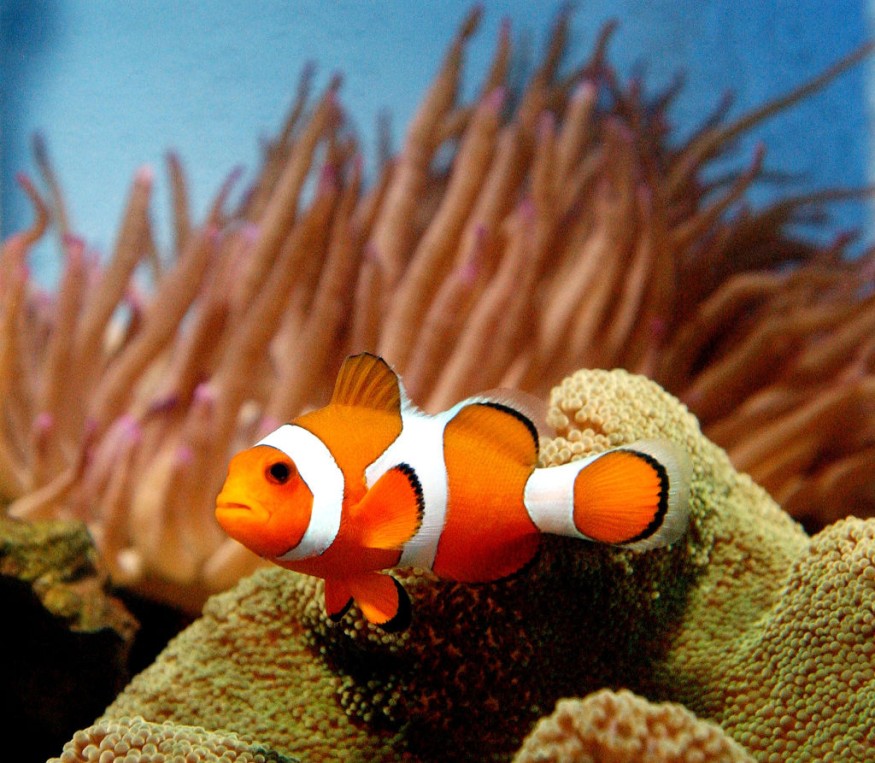It looks like young sea turtles are not the only marine animals negatively affected by city lights. A new study has come out stating that reef clownfish have been found to have 36% less chance of survival after growing up near coasts filled with man-made lighting.
This is one of the newest studies that indicated the negative effects of artificial lighting on other marine species. Previously, such studies had primarily focused on turtles and how lights often interfered with their ability to navigate towards the sea.
But because of these new findings, more experts are weighing on how other shallow reef species could be responding to the stimulation of lights that are all too common in resorts and high-rise coastal communities.
Possible ways artificial light compromises marine life

Now, the new study does admit that it has yet to fully determine how clown fish could be experiencing lower quality of life this way. However, these are some of the most likely possibilities.
1. Overstimulation
Clownfish are known to be very sensitive to light. They are not nocturnal either, so they need as much sleep as any living organism. Furthermore, they have the added disadvantage of having no eyelids. They sleep within the safety of their anemones where it is darker. It is very possible that bright lights from high rise structures could be overstimulating them, and therefore making it hard to settle down and sleep.
2. Correlation to noise
Lights may not be directly causing their low survival rate, but it could still correlate with noise pollution. Other research has shown that clownfish become increasingly aggressive to each other and even other species in the reef due to repeated exposure to noise. The combination between these two types of pollution could be a major factor behind such a significant reduction in their life expectancy.
3. Predator attraction
Clownfish eggs are known to hatch mostly at night, when predators are least likely to be around. But because of light pollution, there is now a higher chance that more predators are being drawn to the reef and increasing the dangers to clownfish populations.
Reducing light pollution near coastal reefs
There is no ignoring the growing body of findings that indicate the negative effects of light pollution on shallow marine ecosystems. Unfortunately, awareness about this type of pollution is still not mainstream.
Fortunately, there are some local governments who have begun to take notice (especially those who have already learned about this possibility from sea turtle conservation). Some of the initiatives include adopting a lights' out schedule for resorts. It may also be possible to replace lights with something less intense to the eyes of marine animals.
All of these are going to be very important steps moving forward. Clownfish (and other reef fishes) are still constantly under threat. Demand for these fishes as aquarium pets has contributed to declining numbers in the wild. Global warming has also had a devastating impact on the health of their anemone environment. The last thing they need are the lights of more beach parties keeping them up at night!
© 2025 NatureWorldNews.com All rights reserved. Do not reproduce without permission.





